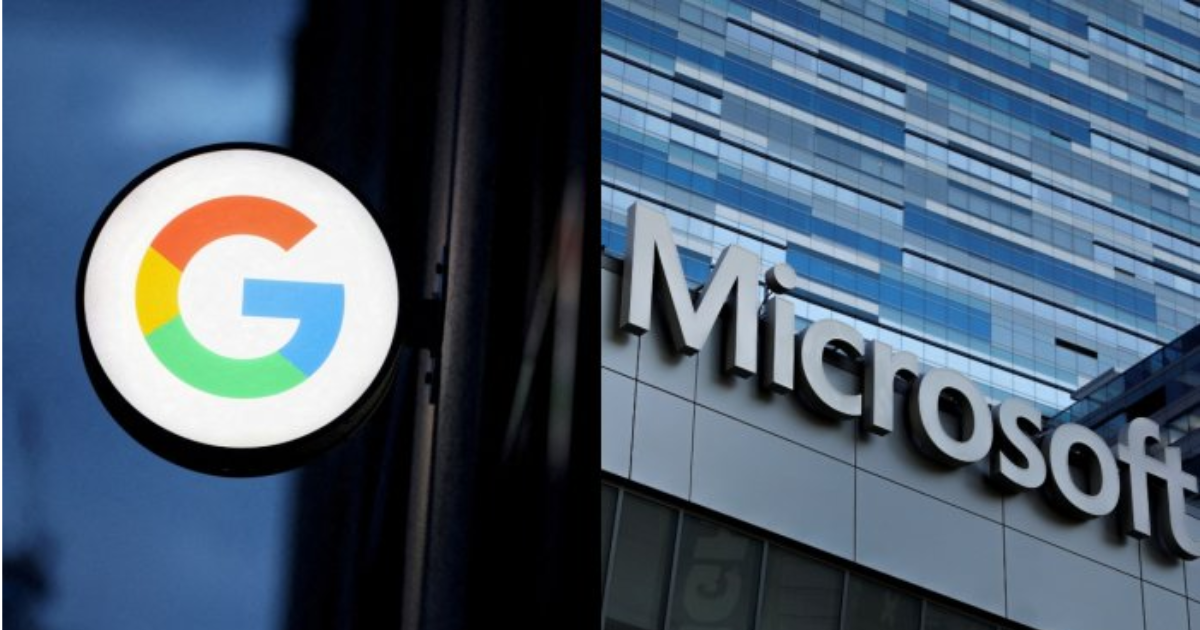In a recent development, Google has filed a complaint with the Federal Trade Commission (FTC), accusing longtime rival Microsoft of engaging in anti-competitive practices. The complaint revolves around Microsoft’s alleged use of unfair licensing terms to control the cloud-computing market and lock in clients, according to a letter sent by Google to the FTC.
Google specifically pointed out Microsoft’s dominant products, Windows Server and Microsoft Office, as enabling the company to make it challenging for clients to utilize anything other than its Azure cloud infrastructure offering. The licensing restrictions imposed by Microsoft were described by Google as a “complex web,” hindering businesses from diversifying their enterprise software vendors.
Moreover, Google emphasized the national security and cybersecurity risks associated with Microsoft’s control over the market. The company cited previous cyberattacks involving Microsoft products, including the SolarWinds breach. Both Google and Microsoft have active cybersecurity practices and respond to cyber threats.
This complaint marks another antitrust concern for Google, which has faced legal challenges in recent years. The U.S. Department of Justice filed a second antitrust lawsuit against Google earlier this year, focusing on its advertising business. Additionally, Google is facing three other antitrust lawsuits from state attorneys general, one of which is centered around its advertising practices.
The complaint against Microsoft comes as a response to the FTC’s request for comments on potential anti-competitive acts in the cloud industry. While the FTC declined to comment further, it remains to be seen how the complaint will be addressed and whether it will lead to further investigations or actions against Microsoft.
It is worth noting that Microsoft has its own history with antitrust cases, with the company being involved in a notable case in the 1990s regarding its dominance in desktop software and internet browsers.
As the battle between tech giants continues, regulatory scrutiny over anti-competitive practices in the industry remains a focal point, with consequences that could potentially shape the future landscape of the cloud market.



![[CITYPNG.COM]White Google Play PlayStore Logo – 1500×1500](https://startupnews.fyi/wp-content/uploads/2025/08/CITYPNG.COMWhite-Google-Play-PlayStore-Logo-1500x1500-1-630x630.png)